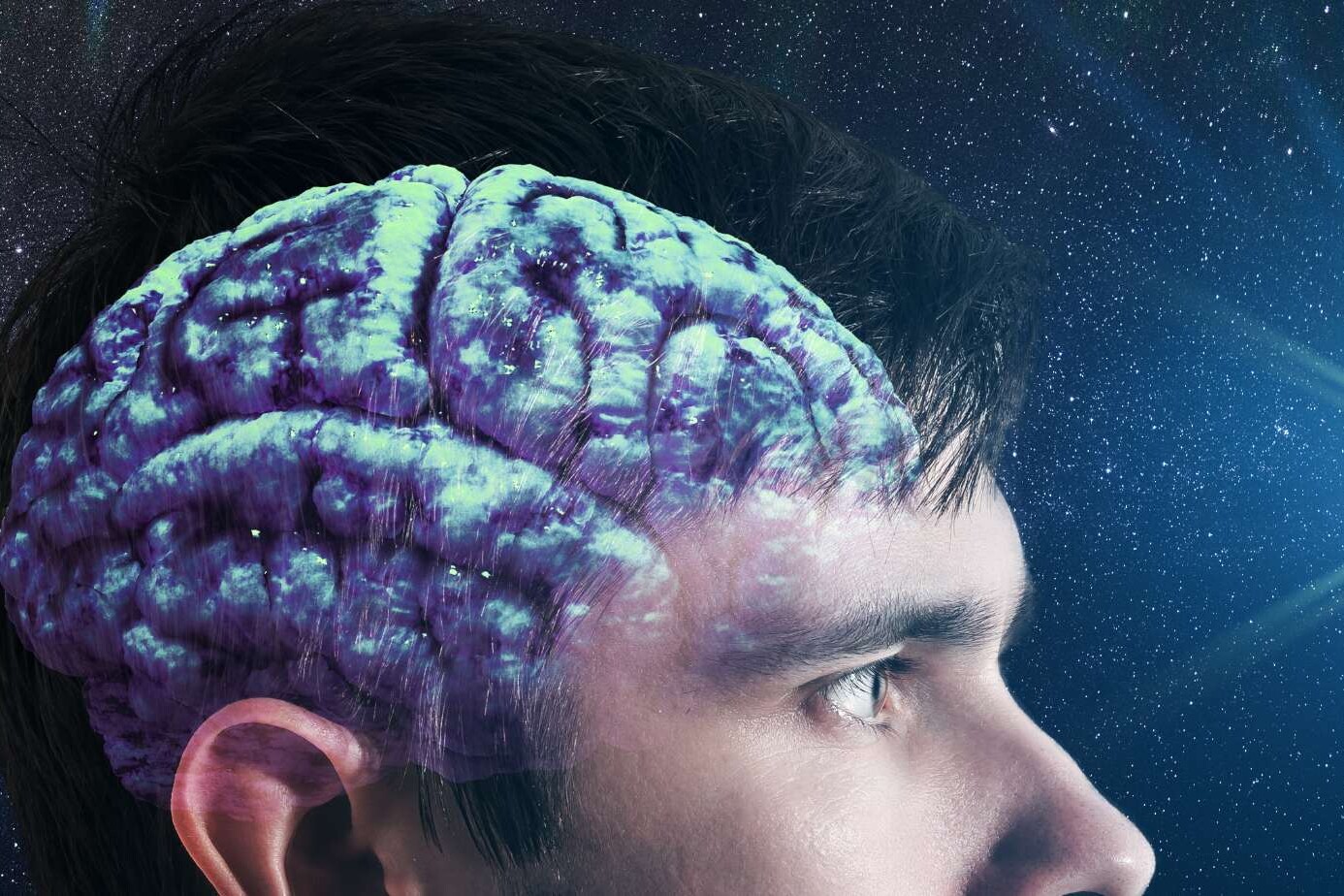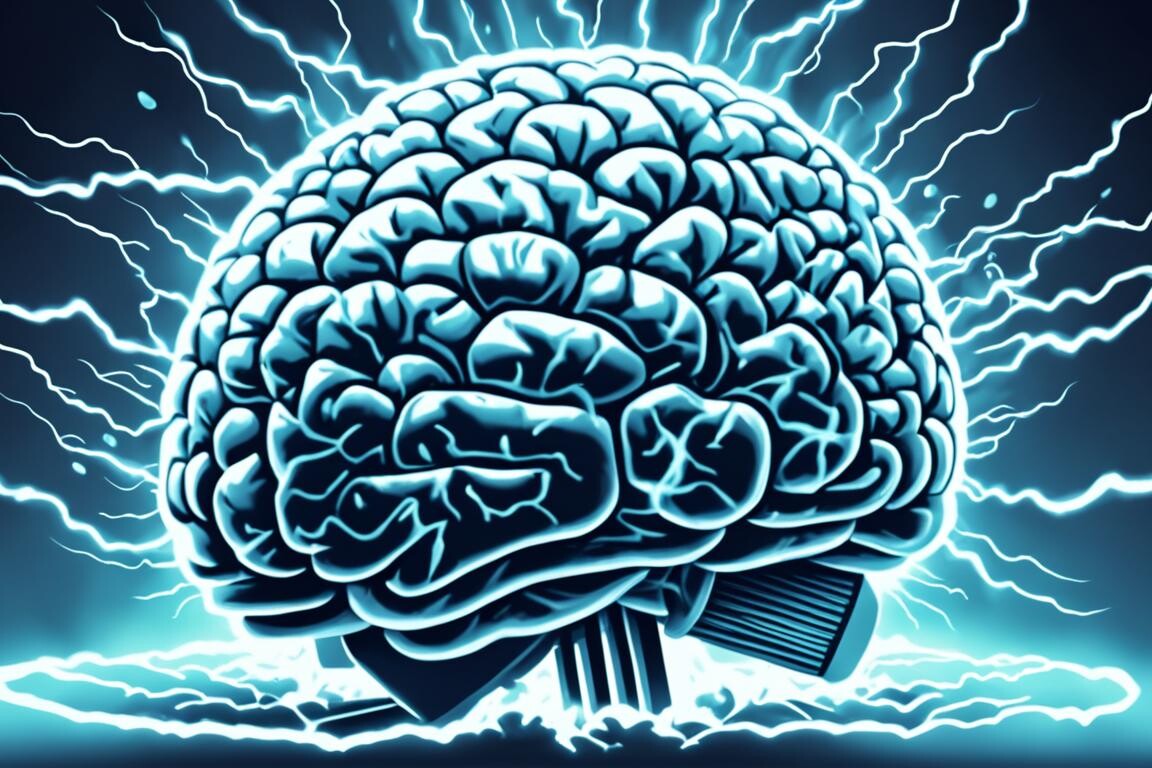Table of Contents
ToggleEpilepsy vs Seizure: Key Differences, Causes, and Treatments Explained
Often epilepsy and seizures are mistaken and used interchangeably by people. This is where the confusion arises, as both epilepsy and seizures are neurological disorders with somewhat similar characteristics. However, in reality, there’s a lot of difference between epilepsy and seizures.
Knowing the difference between epilepsy and seizures could help save someone’s life—or at least help them get the right care sooner.
In this blog, we will break down the epilepsy vs seizure topic clearly and simply. You’ll understand what each term means, how they’re related, how doctors diagnose them, and what treatment or lifestyle changes might be needed.
What is a seizure?
Seizures are sudden bursts of electrical activity in the brain. They may last only a few seconds or go on for minutes. Not every seizure is a sign of epilepsy.
Definition of a seizure
A seizure is a temporary disturbance in brain function caused by abnormal electrical signals. These bursts can lead to shaking, staring spells, confusion, or even loss of consciousness.
Common causes of seizures
- High fever (especially in young children)
- Head injuries
- Very low blood sugar
- Sleep deprivation
- Use or withdrawal of drugs or alcohol
- Stroke or brain infections
Epilepsy vs seizure: These causes are often one-time events and don’t always mean a person has epilepsy.
Types of seizures
There are many types of seizures, but here are the most common:
- Focal Seizures: Start in one part of the brain; may cause twitching or odd sensations.
- Generalized Seizures: Affect both sides of the brain; can include shaking and blackouts.
- Absence Seizures: Brief staring spells, often missed.
- Tonic-Clonic Seizures: The most dramatic body stiffens, then jerks.
Statistics: Prevalence of one-time seizures
According to the CDC, 1 in 10 people may have a seizure during their life. But only 1 in 26 will develop epilepsy.
Table: Types of Seizures and Their Characteristics
| Type | Brain Area Affected | Symptoms | Duration |
|---|---|---|---|
| Focal | One side | Twitching, confusion | 30 sec – 2 min |
| Generalized | Both sides | Jerking, loss of consciousness | 1-3 min |
| Absence | Both sides | Staring, lip-smacking | < 30 sec |
| Tonic-Clonic | Both sides | Body stiffening, then jerking | 1-5 min |
A seizure disorder refers to having frequent episodes of unprovoked seizures. Unprovoked seizures are caused out of the blue, unlike provoked seizures triggered by events such as a stroke, traumatic brain injury, etc.
Several factors can increase the risk of you having a seizure. Having a brain injury or infection in the past, severe Alzheimer’s disease, exposure to toxic substances such as alcohol, smoking, drugs, etc., having a brain tumour, frequent strokes, etc. are some of the risk factors that may lead to the debilitating condition of seizures or seizure disorder.
Epilepsy is more than just one seizure. It’s a chronic brain condition where a person has repeated seizures without a clear cause.
Definition of epilepsy
Epilepsy is a long-term disorder marked by two or more unprovoked seizures. It affects how the brain sends signals and can impact behavior, memory, and awareness.
They have further divided as-.
- Focal seizures-
- Simple partial seizures
- Complex partial seizure
- Generalised seizures-
- Absence seizure
- Tonic seizures
- Atonic seizures
- Clonic seizures
- Myoclonic seizures
- Tonic-clonic seizures
Diagnostic criteria
Doctors look for:
- Two or more unprovoked seizures
- Results from EEG (to check brain waves)
- MRI scans (to find brain damage or growths)
Underlying causes of epilepsy
- Genetic disorders
- Brain injury (car accidents, falls)
- Stroke
- Brain tumors
- Infections like meningitis or encephalitis
Epilepsy vs seizure: While seizures have triggers, epilepsy causes are usually long-term and related to the brain’s wiring.
Prevalence and demographics
WHO estimates about 50 million people have epilepsy worldwide. It’s more common in children and older adults.
Epilepsy can also lead to convulsions. There is a very thin line between epilepsy, seizures, and convulsions. While epilepsy is a seizure disorder, a convulsion is a type of seizure, which may result from a medical condition. Many a time, epilepsy may involve having convulsions.
Caring for a person with epilepsy can be difficult, as the person is at constant risk of hurting themselves because of the sudden epilepsy attacks.
Here is everything you need to know about how to support someone with epilepsy:
Firstly, attention must be paid to the seizure treatment of the epileptic person. A doctor may suggest epilepsy sedative such as anti-epileptic drugs, to reduce the seizures. The doctor may also prescribe other medication, depending upon the type and intensity of epilepsy, which will help the patient recover soon. Consult the best neurologist in Delhi to attain the best treatment for epilepsy.
Attention must also be paid to the diet of the patient. Generally, a keto diet is deemed beneficial for a person suffering from epilepsy disease. Often, people with epilepsy may resort to alcohol and drugs, which must be strictly avoided.
Epilepsy vs Seizure: What’s the Difference?
This is where most people get confused. So let’s simplify it.
One-time seizure vs chronic seizure disorder
Having a seizure once doesn’t mean you have epilepsy. Epilepsy means you have had multiple seizures without a clear cause.
Diagnosing epilepsy vs identifying a seizure event
A seizure might be diagnosed after a fever or head bump. But epilepsy diagnosis takes more tests, EEG, MRI, medical history.
Why seizures don’t always mean epilepsy?
Because seizures can be caused by reversible things like fever or drugs, doctors don’t call it epilepsy unless they happen again without reason.
Table: Comparison – Epilepsy vs Seizure
| Feature | Seizure | Epilepsy |
| Frequency | One-time | Repeated |
| Cause | Often triggered (fever, injury) | Often unknown or chronic brain issue |
| Duration | Short, usually < 5 mins | Episodes over time |
| Diagnosis Tool | Observation | EEG, MRI, medical history |
| Treatment | May not be needed | Medication, lifestyle change |
Treatment Options for Seizures and Epilepsy
Treatment depends on what you’re dealing with: a one-time seizure or long-term epilepsy.
Medications
- Anti-seizure drugs like carbamazepine, valproate, and lamotrigine
- These work for 70% of people with epilepsy
- Side effects may include drowsiness or mood changes
Surgery
- Done when seizures come from one brain spot (focal epilepsy)
- Removes damaged brain area
Dietary approaches
- Ketogenic diet may help some children with drug-resistant epilepsy
- Low in carbs, high in fat
Vagus nerve stimulation (VNS)
- A device placed in the chest
- Sends signals to calm the brain
Emergency seizure first-aid
- Stay calm
- Lay the person on their side
- Time the seizure
- Don’t put anything in their mouth
Table: Common Treatments and Their Success Rates on Epilepsy vs Seizure
| Treatment | Success Rate | Notes |
| Medication | ~70% seizure control | Works best with regular use |
| Surgery | ~60-80% | For focal epilepsy |
| Ketogenic diet | ~30-50% | Often used in children |
| VNS | ~40-50% improvement | For those who don’t respond to meds |
When to See a Doctor
It’s better to get help early.
After first-time seizure
Even one seizure needs evaluation.
Recurrence or worsening symptoms
If seizures become more frequent or severe, consult a neurologist.
Side effects of medication
Tell your doctor if meds make you tired, dizzy, or moody.
Emergency signs
Call emergency services if:
- Seizure lasts over 5 minutes
- Person doesn’t wake up
- Repeated seizures with no break
When Should You Book an Appointment with Dr. Chandril Chugh?
If you or someone you love has had a seizure (whether it was one time or recurring), it’s time to get answers. Dr. Chandril Chugh is a US-trained, board-certified neurologist who treats conditions like seizures, epilepsy, stroke, migraines, and more. His deep expertise in understanding epilepsy vs seizure makes him a trusted name for diagnosis and treatment.
Book your consultation now. Don’t wait until the next seizure.
Conclusion
Seizures are an important characteristic of epilepsy. Thus, a caretaker must always be ready with a first aid box and tool kit in order to handle the seizure. They must also observe and keep a record of when a seizure occurs and how frequently. In order to get someone to overcome their seizure, the caretaker should know how to help them relieve their stress and anxiety. Teaching them relaxing techniques will help them soothe themselves and calm them down. Stress is one of the reasons for seizures. By learning relaxing techniques such as meditation or yoga, you can ease out the anxiety.
Thus, epilepsy vs seizure are different. However, one must never overlook a seizure, as it could be the onset of epilepsy. Both seizures and epilepsy are critical conditions and need to be taken care of. With the love and support of close ones, one can overcome these neurological disorders.
FAQs
Is a seizure the same as epilepsy?
No. A seizure is a single event. Epilepsy is when you have two or more unprovoked seizures. If you’ve had a seizure, book a consultation with Dr. Chugh to find out if it’s epilepsy.
Can you have a seizure and not have epilepsy?
Yes. Many things like fever, drugs, or trauma can cause a seizure without epilepsy.
What triggers seizures in non-epileptic people?
Common seizure triggers include stress, lack of sleep, high fever, or alcohol withdrawal.
How is epilepsy diagnosed differently from a seizure?
Doctors look for a pattern of unprovoked seizures using tools like EEG and MRI. A single seizure doesn’t mean epilepsy diagnosis.
Can epilepsy go away?
In some children, epilepsy may go into remission. But regular care and meds are key. Ask Dr. Chugh if your type of epilepsy can improve.
Are all seizures caused by epilepsy?
No. Seizures can happen for many reasons. That’s why knowing the difference between epilepsy and seizures is important.
Can stress or lack of sleep trigger seizures?
Yes, these are common triggers and can make both epilepsy and one-time seizures worse.
Also Read:
About The Author

This article is medically reviewed by Dr. Chandril Chugh, Board-Certified Neurologist, providing expert insights and reliable health information.
Dr. Chandril Chugh is a U.S.-trained neurologist with over a decade of experience. Known for his compassionate care, he specializes in treating neurological conditions such as migraines, epilepsy, and Parkinson’s disease. Dr. Chugh is highly regarded for his patient-centered approach and dedication to providing personalized care.
→ Book a consultation to discover which remedies suit your needs best.




